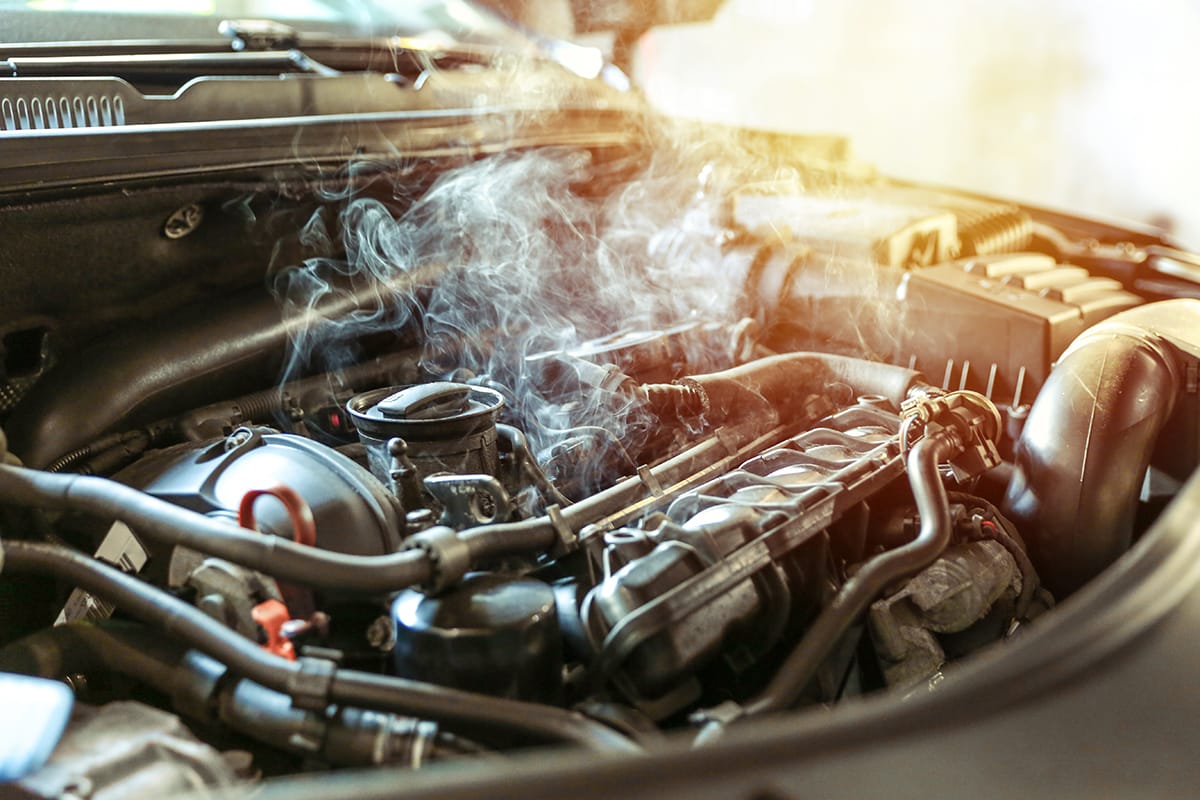How Hot Weather Affects Car Performance

As the scorching summer sun beats down on the asphalt, many drivers might wonder if their cars are affected by the soaring temperatures. Indeed, hot weather can have a significant impact on a vehicle's performance and various systems, demanding special attention from drivers. Let's delve into how cars run differently in hot weather and what steps can be taken to mitigate the effects.
Engine Performance
One of the most noticeable effects of hot weather on a car is its engine performance. In hotter temperatures, the air is less dense, causing the engine to draw in less oxygen. This reduced oxygen level can lead to incomplete fuel combustion and a drop in power and efficiency. To compensate, modern cars are equipped with sensors and engine control units that adjust the air-to-fuel ratio to optimize performance. However, in extreme heat, engines may still experience a decrease in power and may even be prone to overheating, especially if the cooling system is not functioning properly.
Battery Strain
Heat can be particularly harsh on car batteries. In high temperatures, battery fluid can evaporate, leading to a reduced charge and a higher risk of failure. Additionally, the heat can accelerate the chemical reactions within the battery, causing it to age faster. To avoid being stranded with a dead battery, it's essential to ensure that the battery is well-maintained and to keep an eye on its performance during the summer months.
Tire Pressure and Wear
Hot weather can cause tire pressure to increase as the air inside the tires expands. Overinflated tires can result in reduced traction, uneven wear, and a higher risk of blowouts. On the other hand, under-inflated tires in hot weather can be equally problematic, leading to reduced fuel efficiency and an increased chance of tire failure. Regularly checking tire pressure and adjusting it to the manufacturer's recommendations can help maintain optimal performance and safety.
Air Conditioning
During hot weather, the car's air conditioning system works overtime to keep the cabin cool. This can place additional strain on the engine, leading to decreased fuel efficiency. Regular maintenance of the air conditioning system, such as checking for refrigerant leaks and changing the cabin air filter, is crucial to ensure optimal cooling and to prevent unnecessary engine stress.
Fluids and Cooling System
Hot weather increases the risk of an engine overheating, making it essential to check the cooling system regularly. Ensuring that the coolant is at the proper level and that there are no leaks in the system is crucial. Additionally, other fluids like engine oil, transmission fluid, and brake fluid should be checked and changed at recommended intervals to maintain proper lubrication and prevent component damage.
Hot weather can indeed affect how cars run, impacting engine performance, battery life, tire pressure, and the efficiency of various systems. To counter these effects and ensure a smooth driving experience, regular vehicle maintenance is essential. Not sure if your vehicle is feeling stressed with all this summertime heat? Stop by Metro Motor for a check-up! By paying attention to fluid levels, tire pressure, battery health, and cooling system performance, you can keep your car in optimal condition and enjoy a trouble-free summer on the road.
Vehicle care information made available by Metro Motor is presented as helpful advice for general maintenance and should not be construed as instructions for at-home vehicle service. Be sure to consult your owner’s manual and a licensed, professional mechanic for diagnostics and repair.
